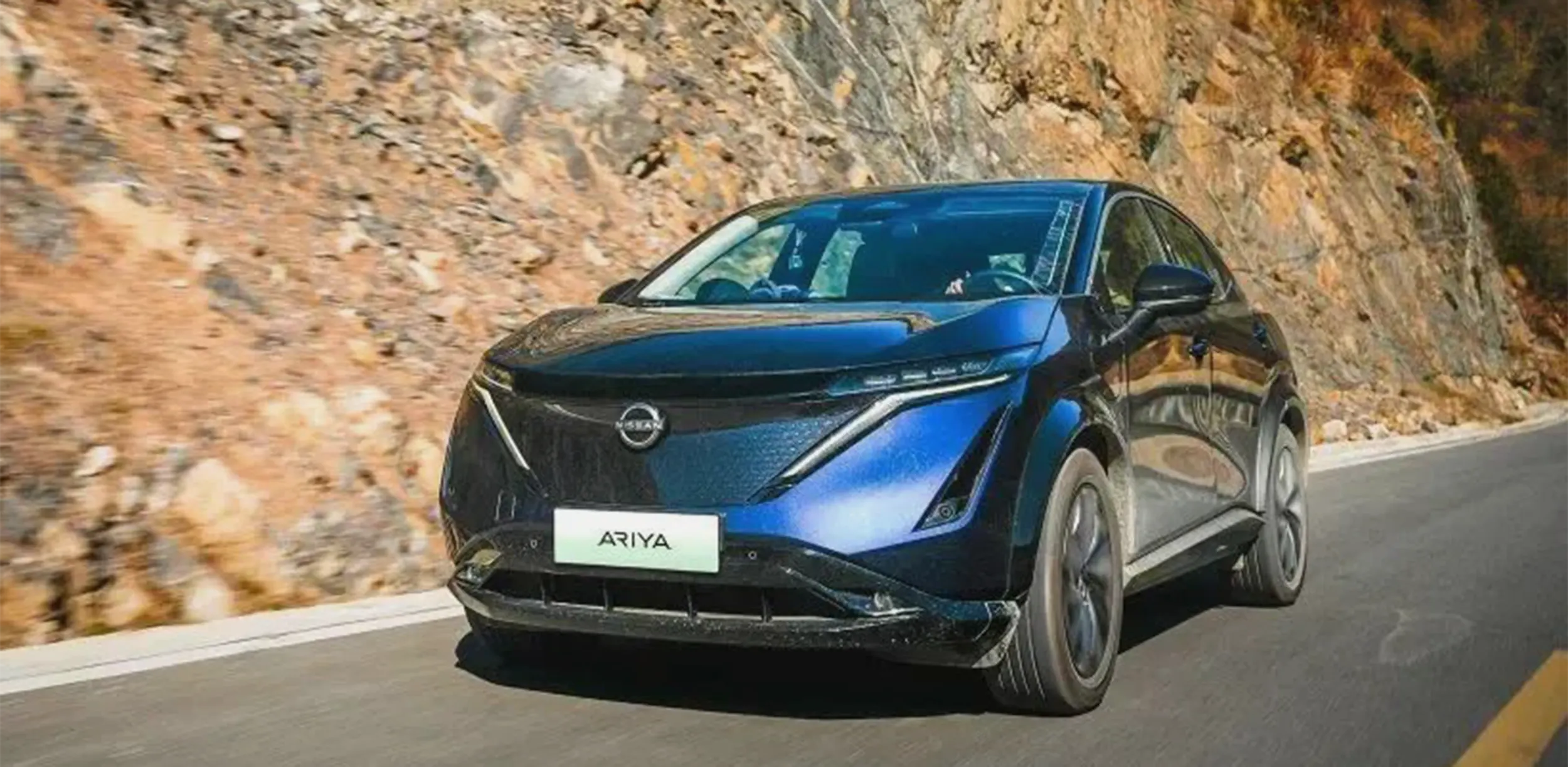
Nissan Ariya Charging Advise: Best Methods, Costs, and Charging Time
The 2025 Nissan Ariya is a sleek and capable electric SUV, available in multiple trims with 63 kWh or 87 kWh battery packs. It supports Level 1 (120V), Level 2 (240V), and DC fast charging (CCS1), making it a great option for both home charging and road trips. Understanding how to charge Nissan Ariya efficiently helps optimize charging speed, cost, and convenience. This guide covers Nissan Ariya charging options, home charging setups, charging time, costs, and Tesla Supercharger compatibility.

Nissan Ariya Charging Specifications
The Nissan Ariya offers two battery options, impacting range and charging times:

- Standard Battery: 63 kWh (up to 216 miles range)
- Extended Battery: 87 kWh (up to 304 miles range)
- Maximum Charging Power:
- AC (Level 1 & Level 2): Up to 7.68 kW
- DC Fast Charging (CCS1): Up to 130 kW
Nissan Ariya Charging Connector Type
Nissan Ariya is equipped with J1772 and CCS1 charging ports. It does not have an NACS port and requires an adapter to charge at Tesla Superchargers.
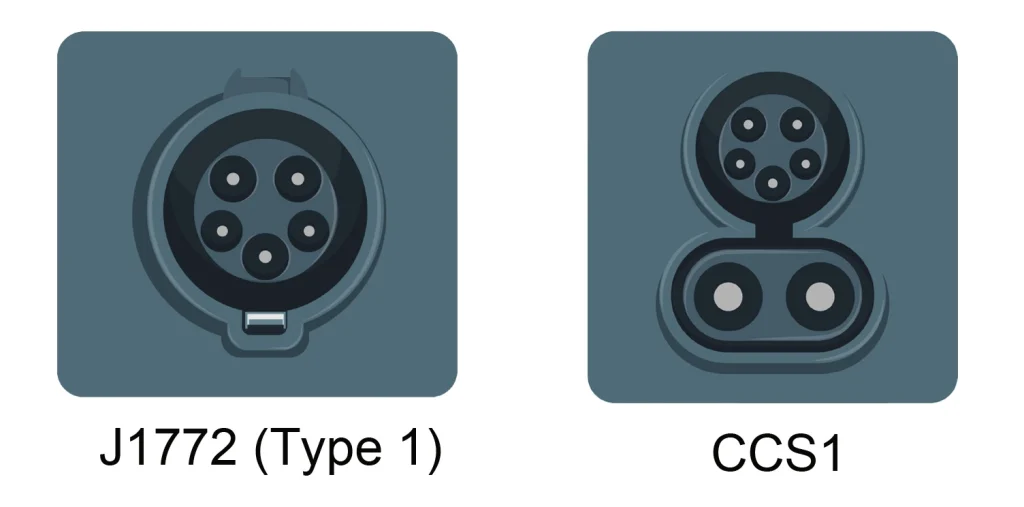
- Charging Ports:
- AC Charging (Level 1 & Level 2): J1772 Connector
- DC Fast Charging: CCS1 Connector
Nissan Ariya Charging Time by Charger Type
The following charging time estimates are calculated under ideal conditions and are for reference only. Actual charging times may vary depending on factors such as battery temperature, weather, battery state of charge, ev’s electricity consumption ratio and charger power output.
Level 1 Charging (120V Home Outlet)
Using a standard 120V home outlet, Level 1 charging is the slowest method, best used for emergency or overnight charging.

- Charging Speed: 3.8 – 4.5 miles of range per hour
- Charge Time (10%-80%): 29.5 – 40.7 hours
- Charge Time (0%-100%): 42.1 – 58.2 hours
- Time to Add 30 Miles of Range: 6.6 – 7.8 hours
Level 2 Charging (240V Home & Public Chargers)
Level 2 charging is the best daily home charging solution, significantly reducing charge times.
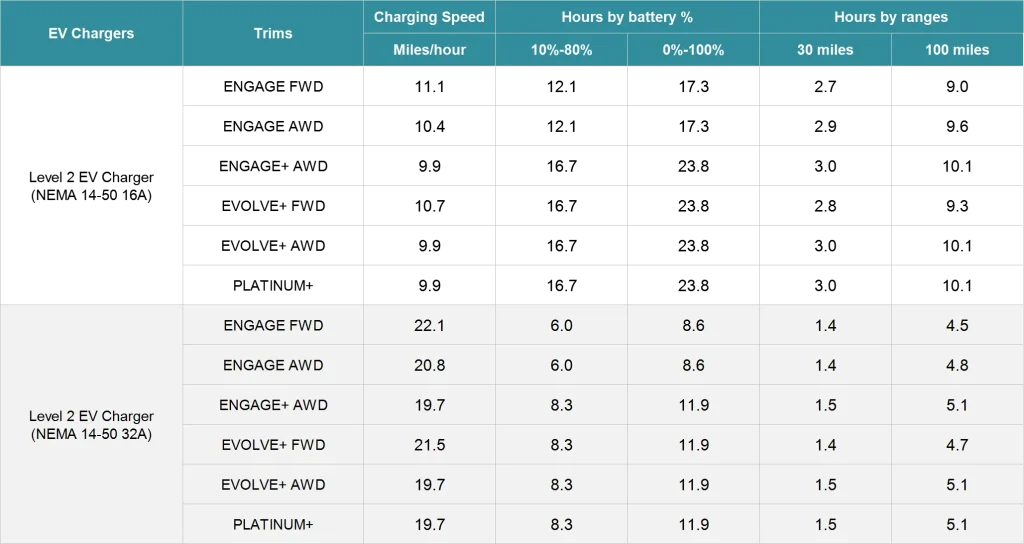
- Charging Power: 3.8 kW – 7.68 kW
- Charging Speed: 9.9 – 22.1 miles of range per hour
- Charge Time (10%-80%): 6.0 – 16.7 hours
- Charge Time (0%-100%): 8.6 – 23.8 hours
A 32A Level 2 home charger is recommended, as higher power chargers (40A, 48A, etc.) won’t improve charging speed.
DC Fast Charging (CCS1 Public Chargers)
DC fast charging is ideal for long trips, offering rapid power replenishment.

- Charging Speed: 5.3 – 6.2 miles per minute
- Charge Time (10%-80%): 33.9 – 46.8 minutes
- Time to Add 30 Miles of Range: 4.8 – 5.7 minutes
While the Ariya can plug into 130 kW chargers, its maximum DC charging speed is 130 kW, so higher-powered stations will not increase charging speed.
Choosing the Best Home Charger for Nissan Ariya Charging
For an efficient home charging setup, consider these factors:
- Power Output: The Ariya supports up to 7.68 kW AC charging, so a 32A Level 2 charger is the best choice.
- Installation Costs: A 32A charger is cost-effective and provides overnight charging without major electrical upgrades.
- Hardwired vs. Plug-In Chargers: Hardwired chargers are more stable and reliable for long-term use.
- Smart Charging Features: Many Level 2 chargers include Wi-Fi connectivity, allowing users to schedule charging sessions and track usage.
Nissan Ariya Charging Costs
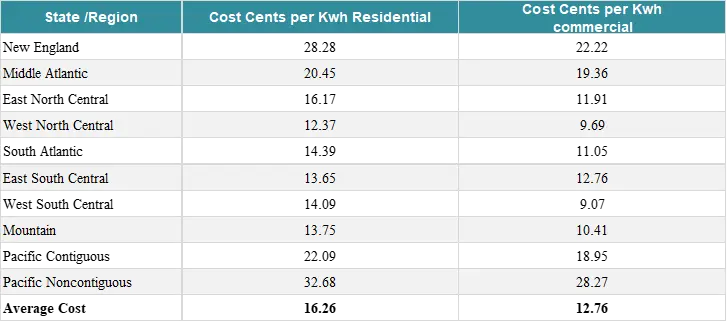
The calculation is based on average electricity cost in different regions in America.
Home Charging Costs
Charging at home is the most affordable option. Based on an average electricity rate of $0.162 per kWh:

- Cost per 100 miles: $5.35 – $5.99
- Full Charge Cost (63 kWh battery): $10.21
- Full Charge Cost (87 kWh battery): $14.09
Public DC Fast Charging Costs
Fast charging is more expensive but useful for road trips. According to the average electricity cost from major DC fast charging stations in North America of $0.35, the cost is as below:

- Cost per kWh: $0.30 – $0.50
- Cost per 100 miles: $10 – $14
- Full Charge Cost: $22 – $30.45, depending on provider rates.
Can the Nissan Ariya Charge at Tesla Superchargers?
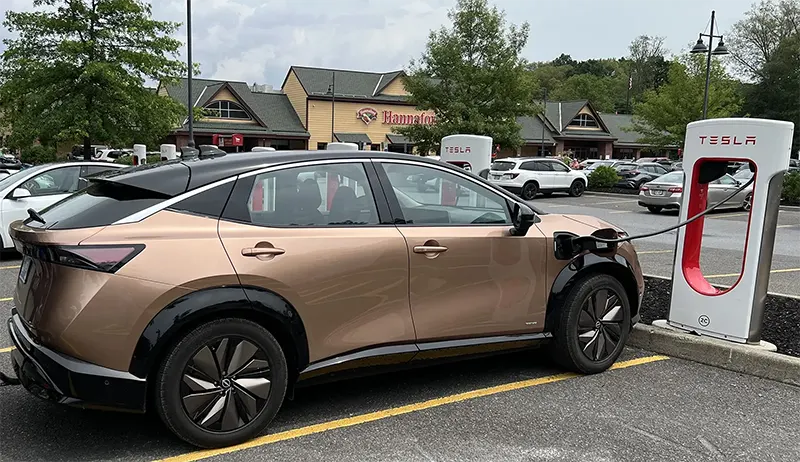
Yes, the Nissan Ariya can charge at select Tesla Supercharger stations using a NACS to CCS adapter.
- Tesla Superchargers with CCS compatibility: Certain Tesla Superchargers now support CCS-equipped vehicles, allowing Ariya owners to charge with a CCS adapter.
- Electrify America & EVgo Compatibility: No adapter is needed at CCS1-based public charging networks.
To locate Tesla Superchargers with CCS support, check the Tesla app or Supercharger map.
Conclusion
The 2025 Nissan Ariya offers flexible charging solutions, from slow Level 1 home charging to fast DC charging for road trips. While its AC charging speed is limited to 7.68 kW, a 32A Level 2 charger provides overnight home charging convenience. Tesla Supercharger compatibility is expanding, but Ariya owners still need an adapter for access. By choosing the right home charger and planning for long trips, Nissan Ariya owners can optimize their EV experience for daily driving and extended travel.
